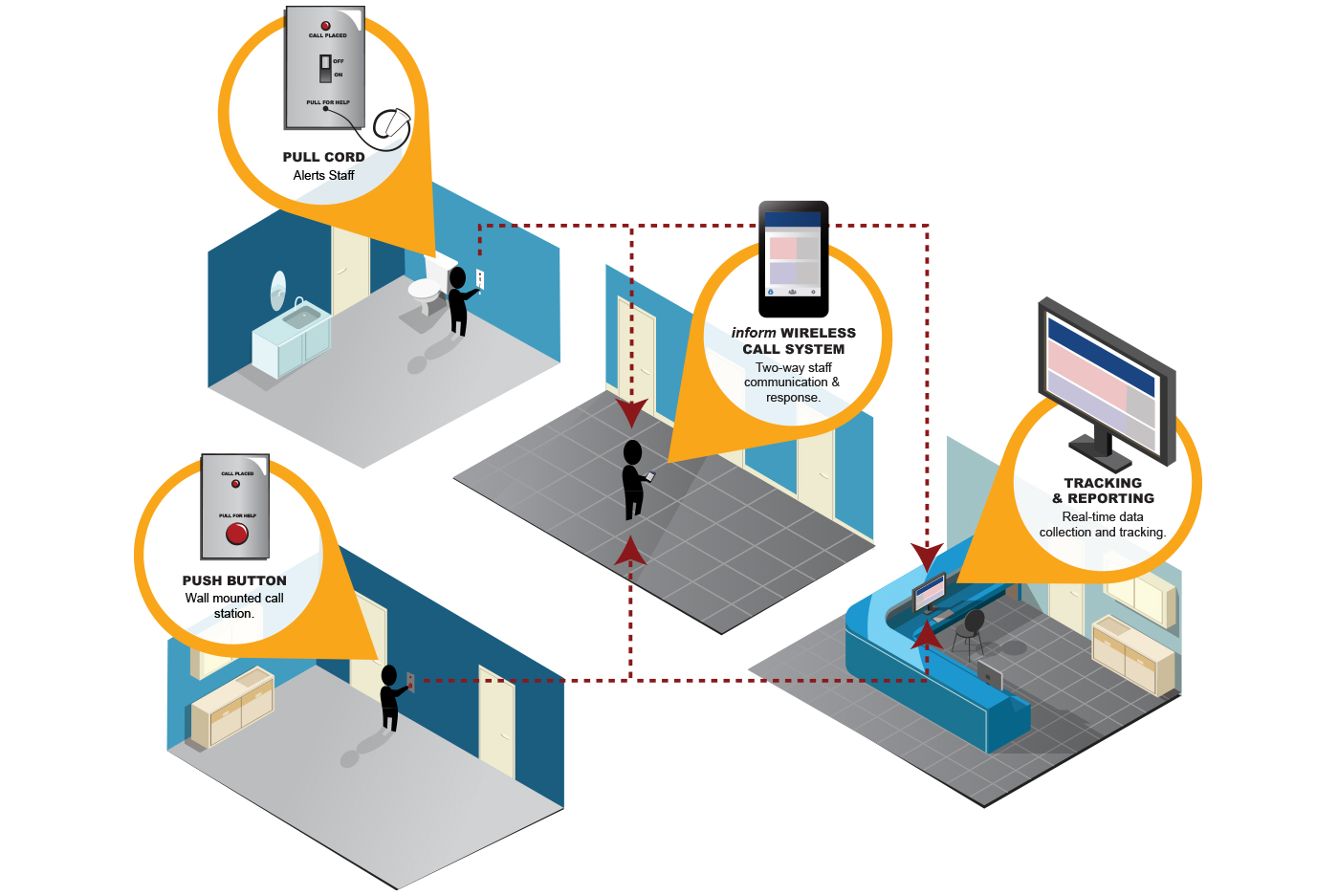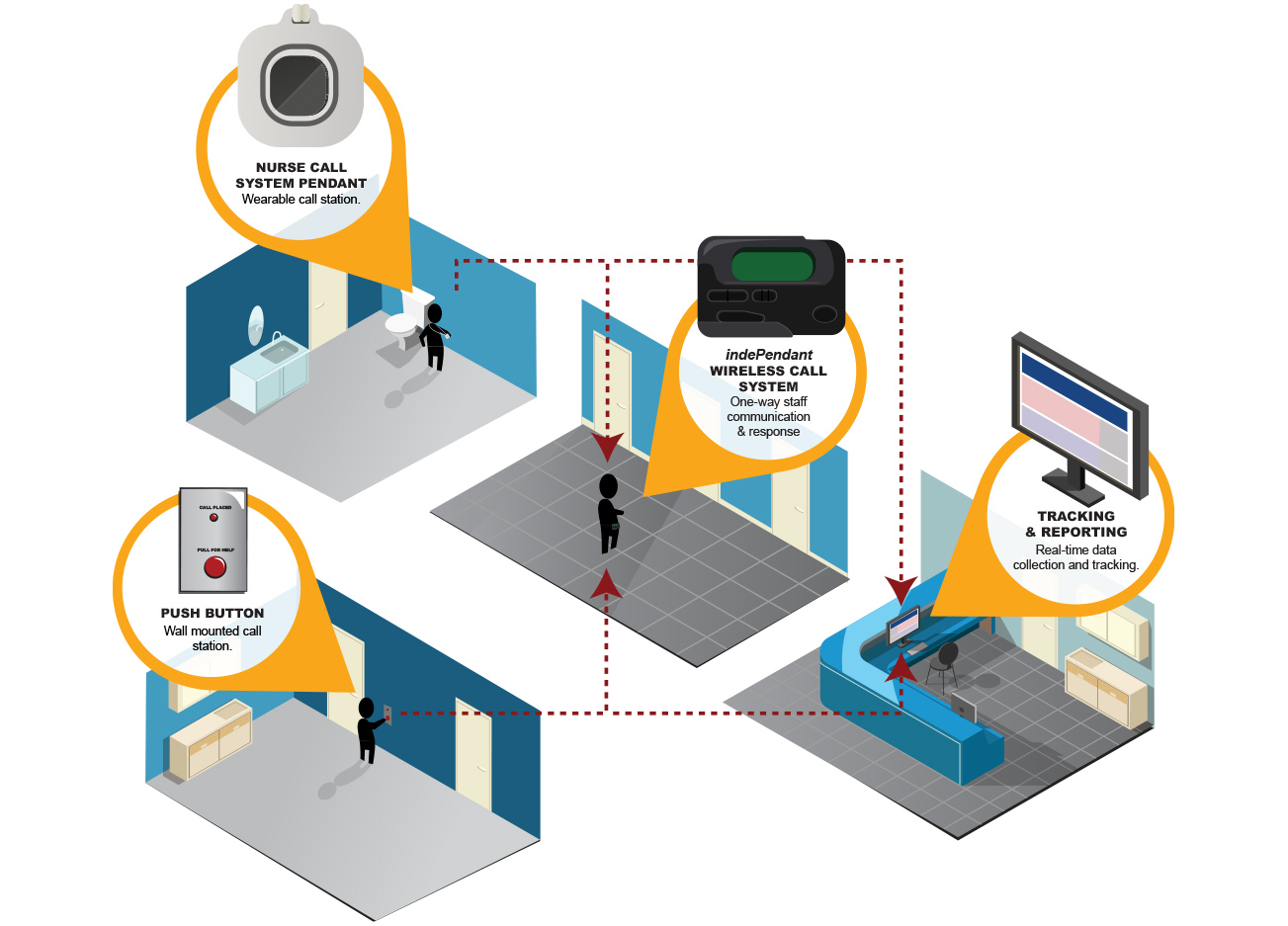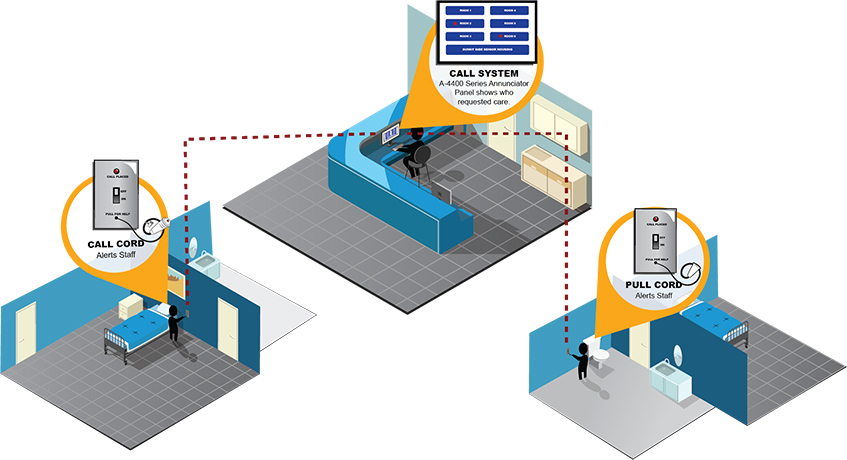Advice About Assisted Living for Aging Relatives
By THE NEW YORK TIMES
A Range of Arrangements
Q. There are different types of assisted living facilities. The one my wife, who had Alzheimer’s, resided in for four and a half years provided full care, dispensed medication I provided, fed her when needed, changed and bathed her when she was incontinent, and loved and hugged her every day. Not many are like this, but they’re there, just keep looking and asking. — Jim Makris, Chuckey, Tenn.
A. You have all brought up excellent points in this discussion of living arrangements for aging family members. Let’s start with Jim from Tennessee, who points out that there are all different types of assisted living facilities. Services provided in assisted living facilities and senior housing communities can range from independent to enhanced listing. Enhanced assisted living is a newer license type that permits residents to fully age in place, even if they require complete assistance — even while using a wheelchair, something that is not permitted (at least in New York) in a regular A.L.F.
It is heartwarming to hear that his wife’s facility went beyond the regulations and even provided hugs and love. It does NOT get better than that. Thank you for sharing.
For more about assisted living arrangements, here are several good resources:
- The Assisted Living Federation of America offers policy information as well as a community locator
- The American Association of Homes and Services for the Aging provides lists of non profit residences by state.
- The United States Administration on Aging has an Eldercare Locator to find the closest Area Agency on Aging (AAA) office.
- The National Institute on Aging has a broad range of information on aging.
No One-Size Plan
Q. A good assisted living facility can give a person much more freedom than they would have in their own home because many of their responsibilities are taken care of by the facility. Just having meals provided can be a tremendous relief. I’ve seen elderly folks who were trapped in their homes with only a hired aide or caretaker blossom when they moved into assisted living and could interact regularly with other folks their own age. —ceilidth, Boulder, Colo.
A. There is no one “right” plan for all elders. Many elders prefer not being “trapped” in their homes with a stranger or hired caregiver, yet they need services. Having the services they need throughout the day provided by the overall facility staff helps to enhance their privacy as well. Yet others will do anything to remain at home, and might come to cherish their caregivers. I once had a resident in a subsidized independent living senior housing building who lived to be 104 years old. She was known as “the cookie lady” because of the homemade cookies she baked and distributed to the staff and other tenants. When she finally accepted care in her late 90s, she and her beloved aide initially made the cookies together, and eventually the aide made the cookies (with her recipe) and distributed them in her name. Needless to say they had become dear companions, and the dignity this provided at the her very end of life was fantastic. Again, there is no one size fits all plan.
Q. Our 74-year-old relative currently has two broken ankles (both broke as she was standing still). She’s accepted that she can’t return to her large house (on the market). Her son wants her to move into assisted living. Instead, she wants to return to her hometown and find a first-floor condo near us, her relatives. However, she’s been limited for 40 years by a bad back, has arthritis (osteo and rhumatoid), diabetes, high cholesterol, zapped thyroid (synthroid). Of course she can feed herself, but she can’t get herself to the bathroom. We don’t know how to help. Suggestions? — Sal, New Orleans
A. Sal, you may want to consider touring several independent living facilities — housing designed for the elderly that provides more hospitality based service, such as meals, housekeeping and recreational programs. Hands-on services such as medication management and bathing assistance are not provided. Before committing to one place, I suggest visiting a number of facilities to see the actual apartments, sample a meal and speak with other residents about their experiences living there. Unfortunately, many large metropolitan area facilities offer tiny spaces, which might be challenging for someone who is relocating from an especially large private home. Larger spaces can be available; however, they will significantly increase the cost.
Group Home Care
Q. One parent is frail, has frequent infections and can’t transfer on his own. The other parent has a diagnosis of moderate dementia. They’ve been married to each other for more than 55 years and we, the children in the family, believe their quality of life depends on their being able to stay together. How do we find a facility that will allow them to stay together when they need different levels and skills of care-taking? — aef, Troy, N.Y.
A. Some local facilities may have strict guidelines on how their different level of needs are going to be met. It is very sad, but it is possible that the only way for them to remain together is to supplement with additional home care.
Q. Be cautious in looking at facilities that offer Memory Care. Often it is just a nursing home that can be locked down to prevent residents from wandering off. Be sure to ask a lot of questions about what the patient’s day will be like. Stimulation through mental and physical activities can help even severe cases of dementia. Ask if your husband will be able to interact with other residents and attend planned and supervised activities. Often, if the facility also has an assisted living wing the memory care patients can be included in their activities. — Indyanna, Westfield
A. Indyanna offers some good insight here. Some memory care units are no different than nursing home units; however, their staffing ratio may differ greatly from that of a nursing home. Definitely go in with a list of questions — you are a consumer, and just as you would carefully shop around for a material item, so, too, be thorough in your research. Another factor to keep in mind is what provisions can they make to have two spouses interact, even if not living together in the same apartment.
Q. See if your state has licensed group homes. Then visit as many as you can, check references and talk to other family members and residents.
My 91-year-old mother with mild dementia has lived in a wonderful group home (a regular house in a regular neighborhood) in the Phoenix metropolitan area for three-plus years. My mother receives 24-hour care, a private room (with a bathroom across the hall, but a potty chair tucked discreetly in a corner behind her armchair), three home-cooked meals a day, supervision of her medications, help with bathing, laundry, cable, housekeeping and thrice-weekly activities. She is content and feels very well taken care of. I can visit any time I want and have fun with her now instead of being exhausted, as I was when I took care of her in my home for eight months. Her monthly bill is $2,200, compared to the $7,500 that another relative paid several years ago for a private room at a large local nursing home. He had far less attentive care.
As a senior citizen myself, I couldn’t be happier, for her or for me.
On Licensing of Facilities
Q. Many assisted living places are mostly (maybe two-thirds or more) inhabited by people with dementia, especially so if the place is for profit. . . Sooner or later, most every friend declined so badly that they had to be put in nursing homes. Even though many activities were offered, it seemed that most people sat around in wheelchairs looking unhappy or worse. — Mary, Montana
A. Most states now have incorporated licensure of assisted living facilities, which determines who may live there (which is based on their level of needed services). However, there are still a number of facilities that are considered “independent” or somehow manage to operate outside the licensure requirement. The placement of advanced dementia patients living among the regular “frail elderly” residents in assisted living facilities should be avoided, given their very varied needs. Luckily we live in an age of information: check with the better business bureau, the state licensing boards, etc., online forums, and make sure you have a plan for oversight before moving your loved one in. This could be done by a family member or friend, or hire a geriatric care manager if no family member is available locally.
Statistically most people reside in their own homes, not in facilities, so if you take the effort to plan, you will hopefully be able to lead a meaningful and safe life for the rest of your life in your own home.
Q. Do you know of any assisted living facilities for adults under 60 who are physically disabled and can no longer care for themselves on a day-to-day basis? I have done a lot of research online and it seems that the only available facilities are for the developmentally disabled, mentally disabled and AIDS patients. What about those who are struck with chronic illness like MS, MG, CFS, spinal cord injuries, etc.? I think they would benefit from full-time care financially and it would provide much needed socialization with others in similar predicaments. — AE, New York
A. Many assisted living facilities have strict age guidelines, but even those that don’t will have very small populations of people who are physically disabled and young. Check with your state’s department of health, which licenses these facilities for information on the states that you are interested in.
A Choice of Care or Not
Q. To what extent are assisted living facilities being used by older people who simply want someone to take care of them and can afford the high cost, whether they need it or not. For example, people who can drive, travel, cook for themselves and responsibly care for themselves but just want to make their lives easier? Don’t some simply check into a facility for a few months to get a rest from life’s challenges, while still maintaining a permanent home elsewhere? Also, what is the occupancy rate for assisted living facilities? Are there more than needed or fewer? — David Briscoe, Kapolei, Hawaii
A. There may be some folks who are “snow birds” who check in during winter months, but I would not say this is the majority by any means of the residents who live in ALFs. Having run two senior housing communities, I found that once people settled down, they were not as inclined to “fly south” to Florida.
Q. I tried very hard to intervene before things went bad, but I was told repeatedly by social workers that you can do NOTHING if an elderly relative wants to live in filth or not take medication or even fall — unless you act to take guardianship, which often leads to more anger, depression, even a severing of the family relationship. “Home care” is often touted as a halfway solution, but we found it impossible the cost ($20 to $22 an hour in our Midwestern area, probably more in N.Y.C.) is prohibitive on a daily basis. — Concerned Citizen, Anywheresville
A. Some states, fortunately, can offer some relief if the elder is eligible for Medicaid in paying for home care. Fortunately, my home state, New York, is the most generous in the country, though as they say, “nothing lasts forever,” and that too can change. For those living in states that have waiting lists for their Medicaid “waiver program,” Concerned Citizen is right in expressing outrage over the system.
Q. “Aging gracefully in place” is not always the answer, especially as it can mean isolation, uncertainty (if a caretaker doesn’t show up) and danger (from falls and other accidents). In an institutional setting, there are many people to look after you. A disabled friend in her late 60s has just moved into an assisted living facility. For the first time in the last 25 years (when she stopped being able to drive and was marooned in her home, except for places she could take a long walk to), I hear life in her voice. She has physical therapy three times a week to help with her walking. She goes to a “sit and fit” class twice a week and does actual weight lifting, her first formal exercise in years. The facility has a music class twice a week, a bus that takes residents to various shopping malls and a van that takes them for doctors’ visits and more. In short, she is being cared for in a way that she had never experienced.
What was so graceful about living a limited life in her own home? — Lenore, Wynnewood, Pa.
A. “Aging gracefully in place” can be beautiful. However, there is no “one size fits all” best plan for everyone. Each situation has to be individually planned for. As the writer mentions, aging in place can mean isolation and uncertainty for some, yet be perfectly suitable for others. Living in a group setting does not guarantee that people will achieve a social life, if they have never been social in the past. At the same time freed from the responsibilities of maintaining a private house or apartment, many people, from my experience, blossom and benefit from the supportive services and social milieu of a supportive housing environment. It is also important to note that some people are bothered by having a stranger in their home for extended time periods, and they might prefer the more “clustered” care approach provided in a facility. A geriatric care manager can thoughtfully prepare a care plan, and help to carry out and monitor whatever choice is picked.






